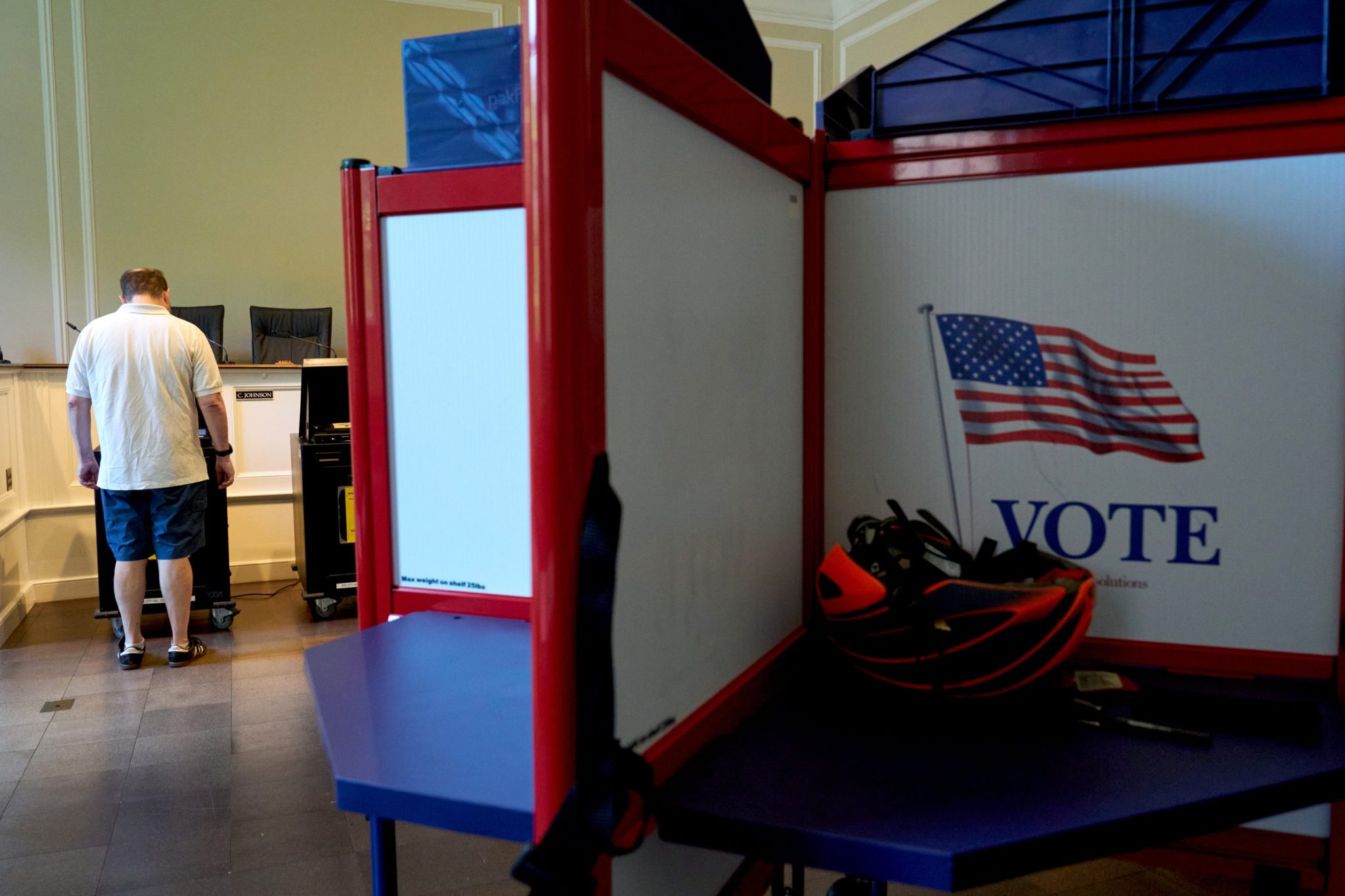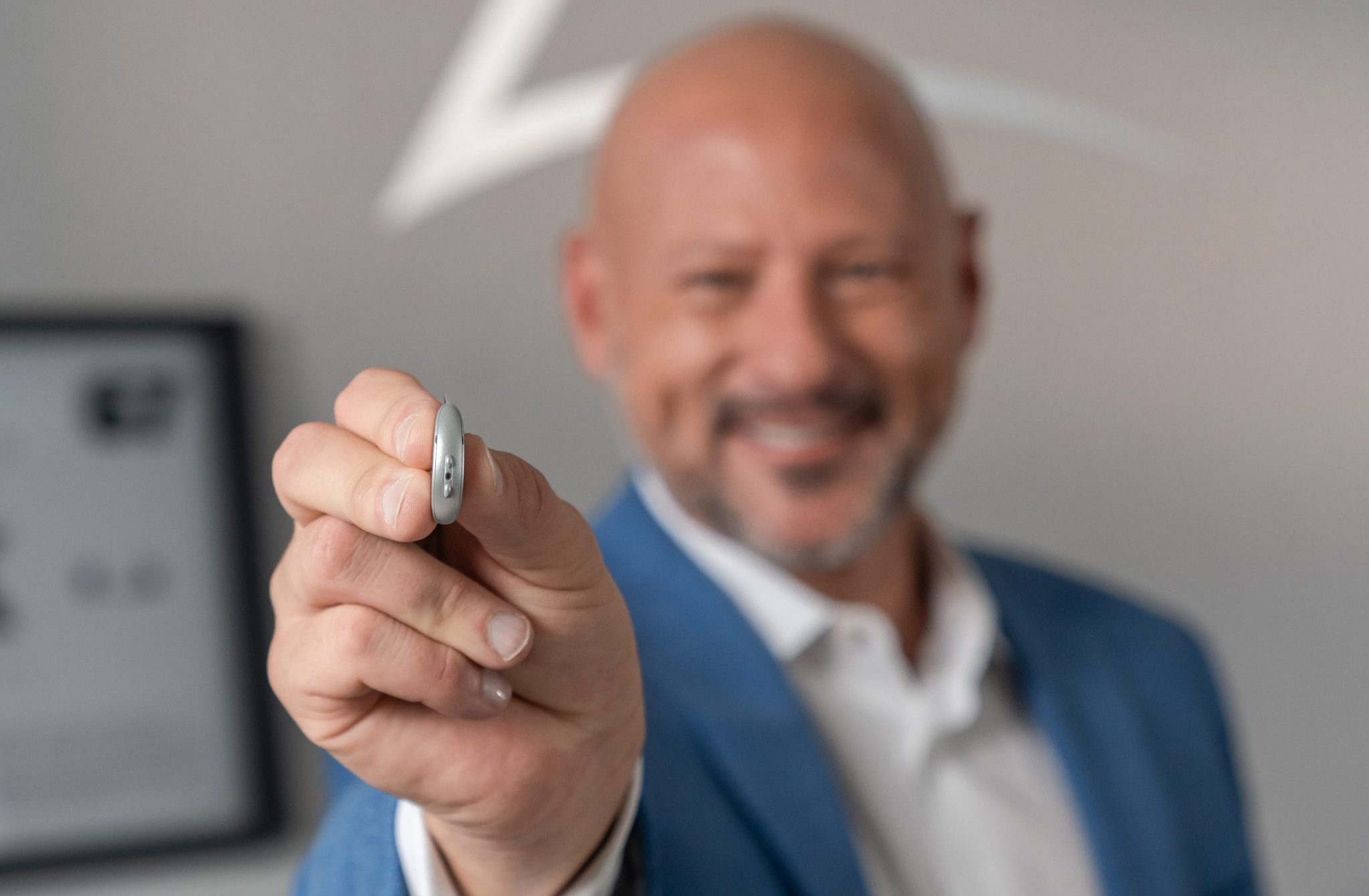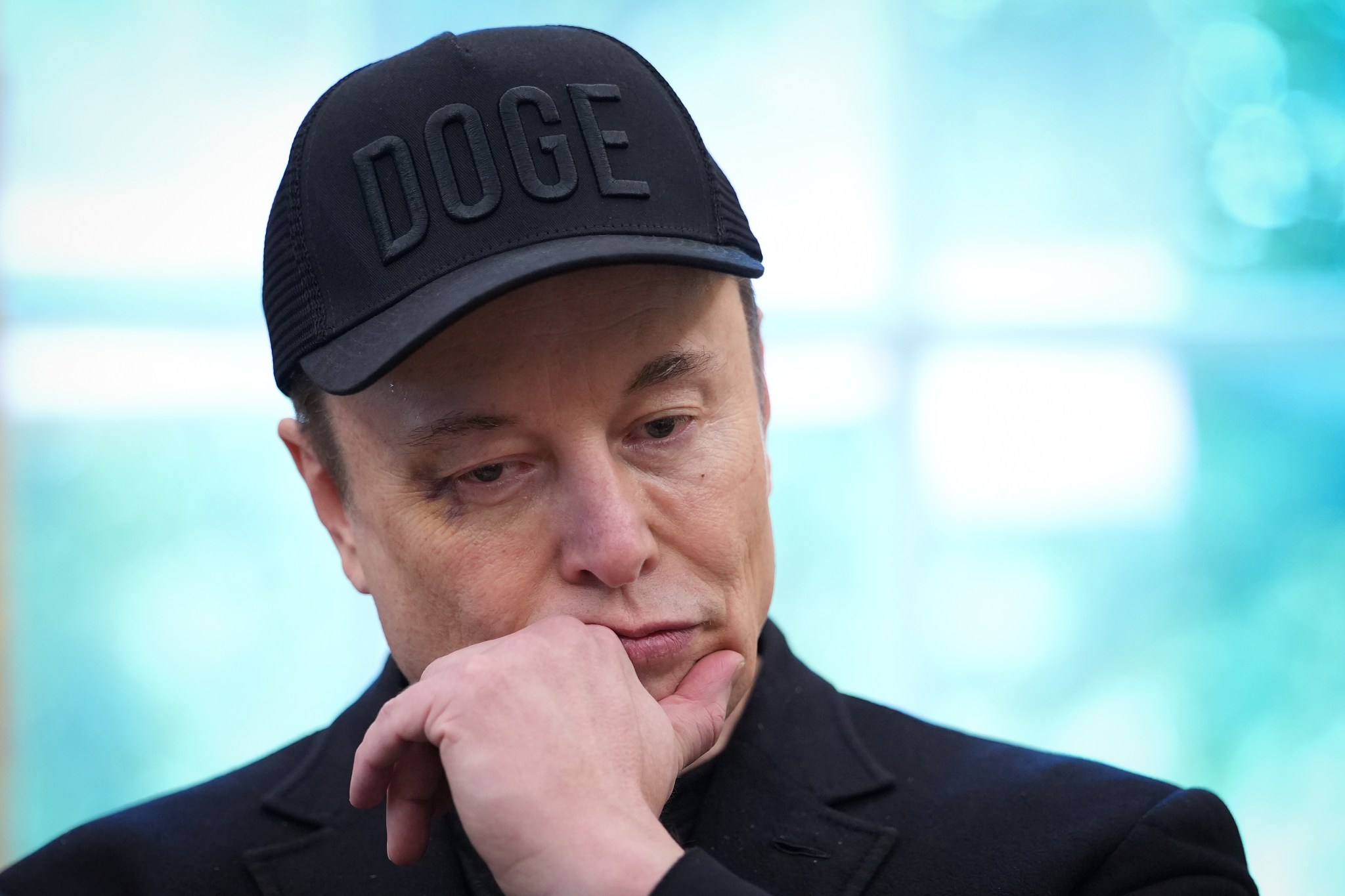
The Biden administration pledged to take “unprecedented action” to protect Americans from any latent threat to national security posed by China’s ascendent automotive industry.
In a statement on Thursday, the White House said the President ordered the Department of Commerce to launch an investigation into connected cars coming from China, which eclipsed Japan to become the largest automotive exporter in the world last year.
These smartphones on wheels could serve as a modern-day Trojan Horse by collecting data from their environment and transmitting them back to Beijing, the government argues.
“China is determined to dominate the future of the auto market, including by using unfair practices,” Biden said. “China’s policies could flood our market with its vehicles, posing risks to our national security. I’m not going to let that happen on my watch.”
The number of cars the U.S. imports from China barely registers due to punitive tariffs of 25% imposed on top of the standard 2.5% import duty. But the order effectively provides a rationale for this barrier to be raised even further, as some Beltway politicians have called for, and potentially even expanded to include foreign-built cars that simply utilize Chinese automotive IT technology.
The move comes after BYD shocked the world by supplanting Tesla as the dominant EV auto maker and before a likely election re-match with protectionist-in-chief Donald Trump. The former President, who famously used his office’s authority to unilaterally slap import duties on foreign steel under the pretense of national security, is notoriously tough on China.
Key Rust Belt battleground
Biden’s increasing pushback against Chinese cars can be understood in light of the upcoming presidential election.
While Trump may have won the 2016 Republican nomination through his “build the wall” mantra, it was his anti-free trade stance that arguably allowed him to defeat Hillary Clinton by flipping the Rust Belt from blue to red.
Polls currently indicate Biden is trailing in key swing states like Michigan, where the large minority of Arab-American voters in communities like Dearborn are expected by some analysts to stay home on election day over Biden’s strong support of the government in Israel.
In a preview of the November election, the president lost in Dearborn, home to Ford, in this week’s Michigan primary to a placeholder opponent and saw a significant number lodge protest votes across the state.
“That message has been received,” Biden advisor Mitch Landrieu assured NPR .
Facing trouble among swathes of rust belt voters, the administration depends that much more on United Auto Workers boss Shawn Fain convincing his members a Biden White House can protect union jobs better than Donald Trump.
In his statement on Thursday, Biden nodded toward these voters.
“As President I vowed to do right by auto workers and middle-class families that depend on the auto industry for jobs,” he said. “With this and other actions, we’re going to make sure the future of the auto industry will be made here in America with American workers.”
BYD in Mexico
Tough talk from both sides of the aisle in Washington is likely why China’s BYD attempted to argue this week the location of its next manufacturing plant in central Mexico, far from the U.S. border, is proof enough it intends to focus on local Mexican—and not American—demand.
Asked if she wouldn’t simply export duty-free to the lucrative U.S. market, BYD Americas boss Stella Li claimed the world’s largest economy was “too complicated” to trouble with. Apparently Mexico, with its EV market in the low tens of thousands is more appealing than the U.S., where demand easily cracked a million last year.
Credit: Source link














